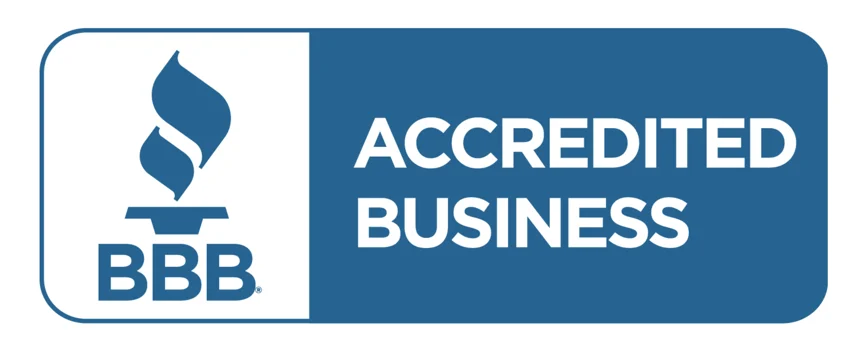Should You Keep or Sell an Inherited Property?
Apr 07, 2023 | Hometown Development
Inheriting a house can be both a blessing and a burden. On one hand, you’ve just inherited a valuable asset that could be worth a substantial amount of money. On the other hand, you’re now responsible for a property that you may have never wanted in the first place.
One of the most common decisions that people who have inherited a house have to make is whether to sell it or keep it. In this blog post, we’ll explore the pros and cons of selling an inherited house, and help you decide what to do with it.
Pros of Selling an Inherited House
- Liquidity: One of the biggest benefits of selling an inherited house is that you’ll have instant access to a large sum of money. If you’re inheriting a house from a loved one who has passed away, this money can help cover any funeral expenses and other bills that need to be paid.
- Ease of Maintenance: Inheriting a house also means inheriting its responsibilities. If you don’t live in the house or if it’s located in a different state or city, maintaining the property can be difficult and costly. By selling the house, you can free yourself from these responsibilities and the stress that comes with it.
- Opportunity to Invest in Other Assets: If you don’t have any specific plans for the money from the sale of the inherited house, you can consider investing it in other assets, such as stocks, bonds, or mutual funds. This can help you grow your wealth over time.
Cons of Selling an Inherited House
- Capital Gains Taxes: When you sell an inherited house, you’ll likely have to pay capital gains taxes. The amount of taxes you’ll owe will depend on several factors, including the value of the property and how long you’ve owned it.
Before making a decision to sell, it’s important to consult with a tax professional to understand the tax implications of selling an inherited property. You can also learn more about capital gains on inherited property from the IRS to get a general overview.. - Emotional Attachment: If you’ve inherited a house from a loved one, the thought of selling it can be emotionally difficult. The house may have sentimental value, and selling it can feel like you’re letting go of a part of your loved one’s legacy.
- Potential Loss of Income: If you were planning to rent out the inherited house, selling it means that you’ll lose the rental income that you would have received.
Making a Decision
Assess the Financial Situation:
Before making a decision, it’s important to consider your financial situation. Do you have any outstanding debts or bills you still need to pay? Are you comfortable with the amount of taxes that you’ll owe if you sell the property?
Consider the Emotional Factors:
If you have an emotional attachment to the inherited house, it’s important to take this into account. Ask yourself if the emotional value of the house is worth holding on to, or if you’d be better off letting it go and using the money to invest in other assets.
Consider the Location:
If you’re inheriting a house that’s located in an area with a high demand for rental properties, you may want to consider keeping it as a rental property. This can provide you with a steady source of income, which can be especially useful if you have ongoing expenses or if you’re looking for a way to supplement your income.
However, it’s important to understand that being a landlord comes with its own set of responsibilities and expenses. You’ll need to handle repairs, take care of maintenance issues, collect rent, and manage any problems with tenants.
Take Your Time:
Making a decision about what to do with an inherited house is not something that should be rushed. Take the time to consider all of your options, talk to family members and friends, and weigh the pros and cons of each option. You may even want to seek the advice of a financial advisor or tax professional to ensure that you make the best decision for your situation.
In Conclusion:
Inheriting a house can be both a blessing and a burden. Selling it can provide you with immediate liquidity, ease the burden of maintenance, and provide you with the opportunity to invest in other assets.
However, you’ll also have to pay capital gains taxes, face the emotional difficulty of letting go of the property, and potentially lose out on rental income. Keeping the property as a rental can provide you with a steady source of income, but you’ll also need to be prepared to handle the responsibilities that come with being a landlord.
Ultimately, the decision of whether to sell or keep an inherited house will depend on your individual financial and emotional situation. Take your time, consider all of your options, and make the decision that is right for you.







